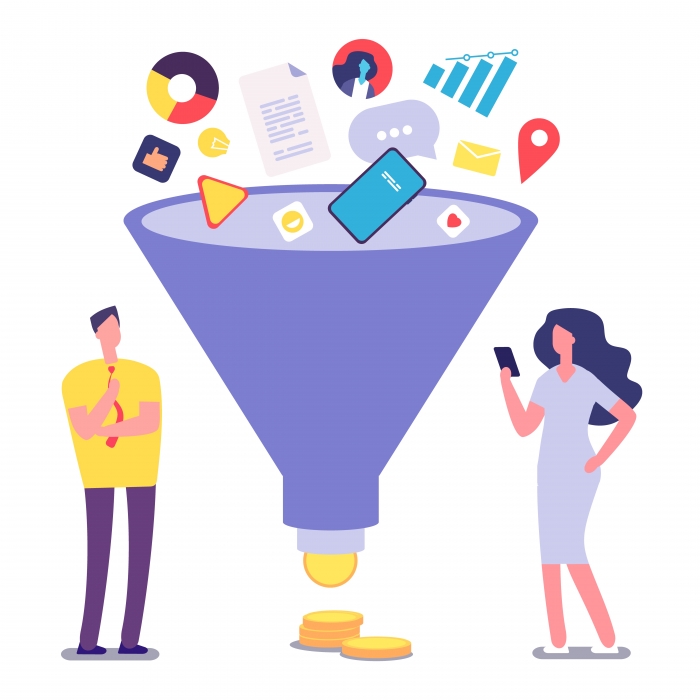The difference between B2B and B2C email marketing
- Updated on: 2017-07-20
- Read original article here

As B2B marketers we tend to look at others for inspiration. To innovate we often take what other marketing organizations have done and built on those ideas to improve and make them more interesting. When it comes to using email marketing to develop leads, though, there is one tricky part of the equation. There are B2B emails and there are B2C emails and they are not identical twins.
In this post, we’ll look at the differences between B2B email marketing and B2C email marketing. You’ll want to pay attention because while some of the methodologies are the same the differences are important because the outreach strategy for one might not work for the other.
B2B opportunities tend to be large. There are exceptions on both sides of the fence. There are small purchases in B2B and large purchases in B2C, but in general, the large purchases lean toward the business-to-business world.
Because the purchases are larger there should be more marketing in B2B email marketing than sales. There are many different reasons why people subscribe, not all tied directly to sales but rest assured people don’t sign up just because they are in the mood to be sold to.
What does this mean?
By now, all B2B companies know that from the time a new prospect is initially reached, the emails should work to guide, educate and qualify the prospect – like a salesperson might do. Nobody ever bought a house based on one email. In B2B email marketing, you have to respect the buying stage that the prospect is in and that it will take many more contact moments before a sale is made.
The first email might include a high-level overview of the features and, client-focused, benefits, but it can largely be a follow up of your content incentives used for lead generation. Subsequent emails will often provide additional insight into the industry, and eventually, additional products and services offered by the company.
The entire process, one that works in concert with your CRM system, web analytics, and sales team, is about presenting the problems that exist and taking the prospective client down the path of solving that issue. Remember, that being persistent is often what will drive success.
A common scenario is to see an email that puts the pressure on your to purchase. Email marketing and urgency go hand in hand in B2C email marketing. You’ll see a sale that is ending soon and you have to act now otherwise you’ll miss the promotion. Urgency is actually one of the areas where B2C and B2B are similar. B2Bs do try to get urgency attached to their offer too but at the risk of it being less believable than it is in the B2C arena.
Of course, that is a grand generalization, but B2C companies tend to be more aggressive in tone. B2C email marketing is the fact that many acquisition-focused campaigns are directly sales-focused. This means that the email is about getting to a sale, quickly. Purchase price tends to be on the small side for B2C products so the sales process is more impulsive and quick. Just have a look at the call-to-actions like “Buy now”, “Pre-order”, “Shop”, etc.
You might see an email that introduces a new product. The expectation is that you immediately become interested in the item and make the purchase. Email is an ideal medium for impulse buys. Sometimes even without showing you the actual product yet. It might work, but if you think of it is pretty bizarre. Here is an example of that in an email from Neiman Marcus.
Although there are still there are some differences here in adoption rate for the B2C and B2B audiences, you can expect all of your emails nowadays to be read on mobile. Do we need to go mobile first? At least make sure your email all incorporate best practices for responsive email design.
Finally, B2C emails tend to not follow along welcome series, once the prospect becomes a customer or opts-in. It is usually not longer than one or two emails until the program flips back to “standard newsletter”- mode. This is in contrast to some advanced B2B email marketing campaigns who well know client cultivation.
These differences in B2B and B2C email marketing are important to note. If you understand the differences you can really focus in on what will work best for your company.
On some occasions, you can use inspiration from one for the other. It might be a way to get a little edge on the competition.


